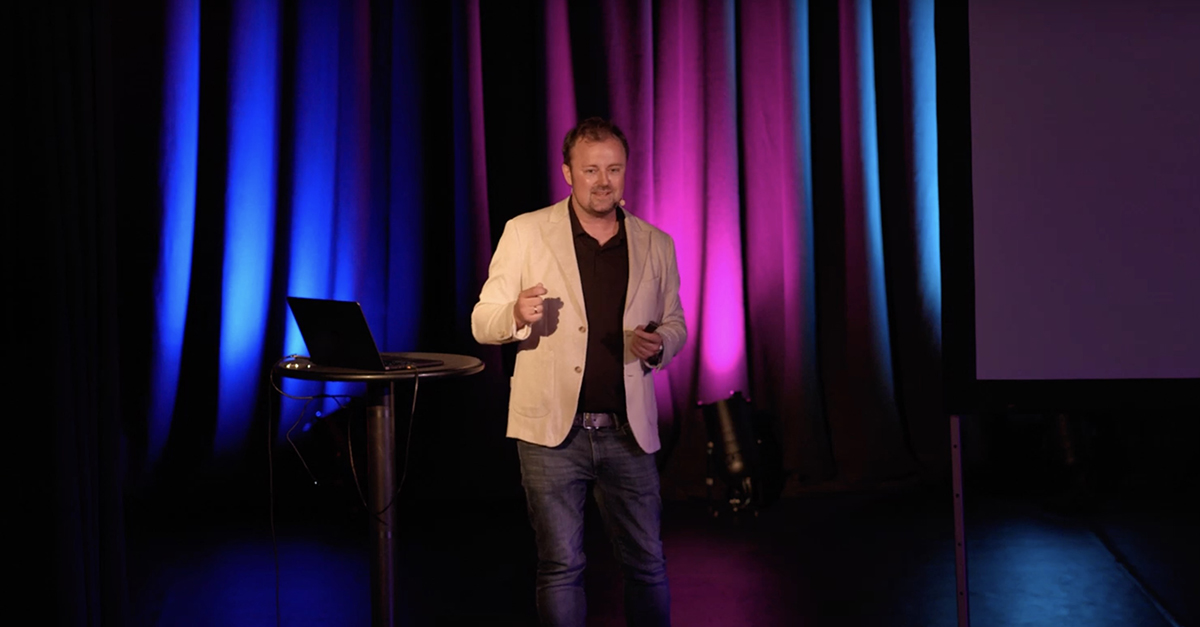Search code, repositories, users, issues, pull requests...
The core development team of this project mainly consists of third- and fourth-year undergraduate students, as well as first-year PhD students from the GAIR research group at Shanghai Jiao Tong University. The project has been guided by leading research scientists in the field of large language models, including those from NYU and MBZUAI.
We are gradually releasing resources, and more will be available soon. Stay tuned as we continue to share new updates over time!
We present a few intuitive examples of math problems, from which it can be seen that our currently trained model demonstrates OpenAI O1’s abilities of self-reflection, self-correction, and backtracking, performing well on complex problems.
This paper introduces a pioneering approach to artificial intelligence research, embodied in our O1 Replication Journey. In response to the announcement of OpenAI’s groundbreaking O1 model, we embark on a transparent, real-time exploration to eplicate its capabilities while reimagining the process of conducting and communicating AI research.
Modern AI research often involves prolonged, collaborative efforts that extend far beyond the traditional scope of individual, short-term projects. These endeavors frequently require large teams, extensive computational resources, and iterative experimentation over the course of months or even years. As a result, the traditional approach of publishing findings only at the end of the research cycle is no longer sufficient to meet the demands of the field. Therefore, we represents a pioneering effort to reimagine the process of conducting and communicating AI research. By providing a comprehensive, real-time account of our journey to replicate the groundbreaking O1 model.







/cdn.vox-cdn.com/uploads/chorus_asset/file/25535556/STK160_X_TWITTER__C.jpg)










